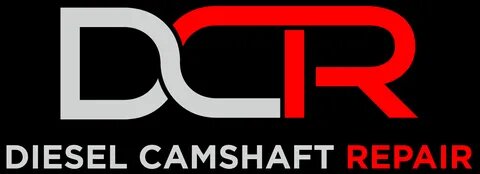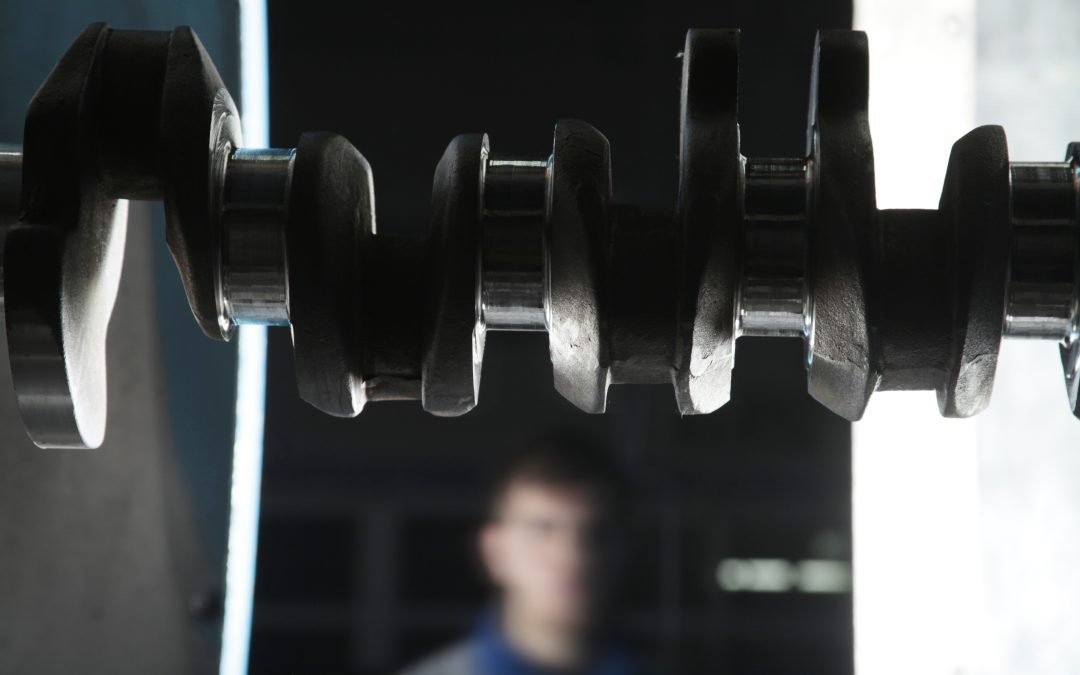Understanding Camshaft Timing
To start, let’s break down what camshaft timing is. The camshaft in a diesel engine is a crucial component that controls the opening and closing of the engine’s valves. These valves allow air and fuel to enter the combustion chamber and let exhaust gases exit.
Camshaft timing refers to the precise timing of these valve operations in relation to the position of the piston in the engine. If the timing is right, the engine runs smoothly and efficiently. If the timing is off, the engine can have problems like poor performance and increased fuel consumption.
Why Proper Camshaft Timing Matters
Proper camshaft timing is vital for several reasons:
Optimized Combustion:
When the camshaft is timed correctly, the intake and exhaust valves open and close at the right moments. This ensures that the right amount of air and fuel mix enters the combustion chamber, and exhaust gases are expelled efficiently. Proper timing means the engine gets just what it needs to burn fuel completely.
This leads to better combustion, making the engine run more smoothly and efficiently. A well-timed engine produces more power and uses less fuel. It also means fewer harmful emissions are released, which is better for the environment.
Improved Engine Performance:
With correct camshaft timing, the engine can produce maximum power and torque. This is because the engine burns fuel more efficiently, converting it into energy more effectively. For diesel engines, which are often used in heavy-duty applications like trucks and industrial machinery, this means better performance and the ability to handle more demanding tasks.
Proper timing allows the engine to run at its best, providing the power needed for tough jobs. This not only improves the vehicle’s performance but also makes it more reliable. Additionally, better engine performance can lead to longer engine life, as the parts work more harmoniously together.
Enhanced Fuel Efficiency:
When the valves open and close at the right times, the engine doesn’t have to work as hard. This means it uses less fuel to produce the same amount of power. Proper timing helps in achieving better fuel economy, which is crucial given the rising cost of diesel fuel. By burning fuel more efficiently, the engine makes the most out of every drop of diesel.
This not only saves money on fuel but also reduces the number of trips to the gas station. Better fuel efficiency is particularly important for vehicles that cover long distances, like trucks and buses. Correct camshaft timing ensures that your engine is not wasting fuel, making it both cost-effective and environmentally friendly.
Reduced Emissions:
Efficient combustion results in fewer unburned fuel particles and less harmful emissions. This is not only better for the environment but also helps the engine meet stringent emissions regulations. Proper camshaft timing can contribute to a cleaner, greener operation. When the engine burns fuel completely, it produces less smoke and fewer pollutants.
This means the air quality is better, benefiting everyone. Additionally, meeting emissions regulations can prevent fines and legal issues for vehicle owners. Improved combustion also means the engine runs more smoothly, reducing wear and tear.
Engine Longevity:
Incorrect camshaft timing can lead to a host of problems like increased wear and tear on engine components, overheating, and even catastrophic engine failure. When the timing is off, parts of the engine may not work together as smoothly, causing extra stress and damage.
By ensuring the camshaft is properly timed, you can extend the life of the engine, reduce maintenance costs, and avoid expensive repairs. Regular maintenance checks to ensure the timing is correct can save a lot of money in the long run. Overall, taking care of camshaft timing is a key part of keeping your engine healthy and reliable.
Effects of Incorrect Camshaft Timing
If the camshaft timing is off, even by a small amount, it can have significant negative effects:
Poor Engine Performance:
Poor engine performance can be a big issue when the camshaft timing is off. The engine may run rough, struggle to start, or lose power. This is because the combustion process is not happening as efficiently as it should.
When the timing is incorrect, the air and fuel mix doesn’t enter the combustion chamber at the right times, and the exhaust gases aren’t expelled properly. This leads to incomplete combustion, causing the engine to work harder and less effectively. As a result, your vehicle may feel sluggish and less responsive.
Increased Fuel Consumption:
An engine with poor timing will have to work harder to produce power, resulting in higher fuel consumption. When the camshaft timing is off, the engine doesn’t burn fuel as efficiently. This inefficiency means more fuel is needed to get the same amount of power. As a result, you’ll find yourself filling up the tank more often.
Not only does this increase fuel costs, but it also means the engine is under more strain. Proper camshaft timing helps the engine run smoothly and use fuel more effectively, saving you money and reducing wear and tear.
Higher Emissions:
Improper timing can lead to incomplete combustion, increasing the amount of harmful emissions released into the atmosphere. When the camshaft timing is off, the engine doesn’t burn fuel as thoroughly as it should. This results in more unburned fuel particles being released as exhaust.
These particles contribute to higher levels of pollutants, which are harmful to the environment and can cause health problems. Higher emissions mean the vehicle may also fail to meet environmental regulations, leading to potential fines or restrictions. Proper camshaft timing ensures that fuel is burned completely, reducing harmful emissions and helping the engine run cleaner.
Engine Damage:
In severe cases, incorrect timing can cause the valves to collide with the pistons, leading to significant engine damage. This happens because the valves and pistons are meant to move in sync, and when timing is off, they can hit each other. This collision can bend or break the valves, pistons, or other engine parts.
The damage is often extensive and expensive to fix, requiring major repairs or even a complete engine replacement. Such issues not only result in high repair costs but also in a lot of downtime for the vehicle. Ensuring correct camshaft timing helps avoid these serious problems and keeps the engine running smoothly.
In summary, proper camshaft timing is essential for the optimal performance, efficiency, and longevity of a diesel engine. It ensures that the engine runs smoothly, uses fuel efficiently, produces fewer emissions, and lasts longer. Regular maintenance and timing checks can help keep your diesel engine in top shape, providing reliable performance for years to come.
By understanding and maintaining proper camshaft timing, you can enjoy the benefits of a well-performing, efficient, and durable diesel engine.

